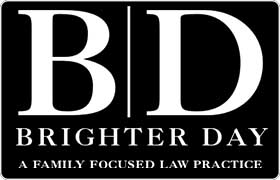Palmer Lake Divorce & Family Law Lawyer, Colorado
Sponsored Law Firm
-
 x
x

Click For More Info:
-
Brighter Day Law
1127 N Weber St Colorado Springs, CO 80903» view mapDivorce & Family Law A Family Focused Law Practice
Sanders Law Firm’s core value is to protect your rights and achieve your goals.
800-930-7641
Michelle Glover
Power of Attorney, Estate Planning, Guardianships & Conservatorships, Trusts
Status: In Good Standing Licensed: 20 Years
Ruth Paxon Wordelman
Environmental Law, Divorce & Family Law, Business, Bankruptcy & Debt
Status: In Good Standing Licensed: 29 Years
Christopher Ashton Williams
Divorce & Family Law, Civil & Human Rights
Status: In Good Standing Licensed: 13 Years
Philip Henry Shecter
Real Estate, Family Law, Criminal, Credit & Debt
Status: In Good Standing Licensed: 56 Years
 Angela Jones Colorado Springs, CO
Angela Jones Colorado Springs, CO
